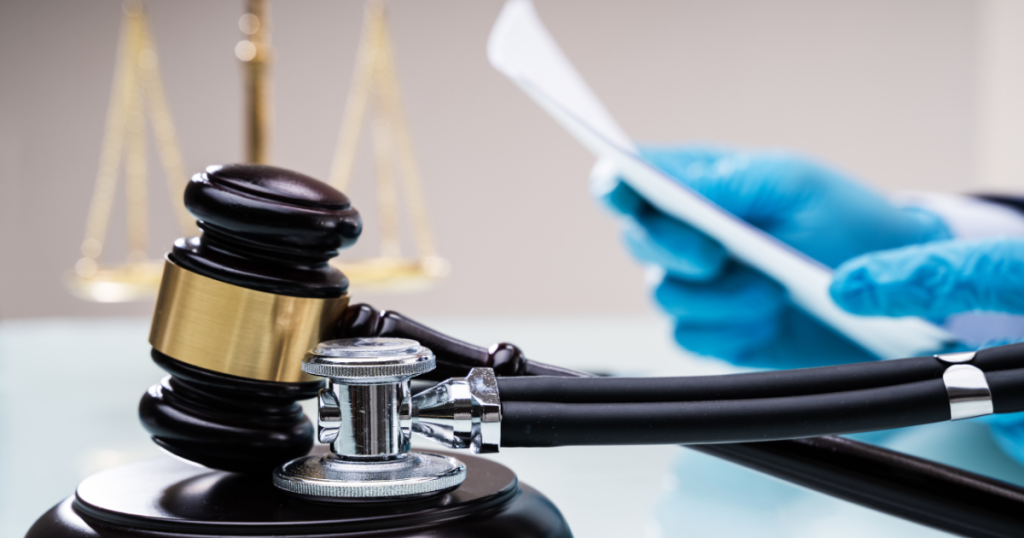Now Reading: Doing Your Homework: What to Look for When Researching an Attorney
-
01
Doing Your Homework: What to Look for When Researching an Attorney
Doing Your Homework: What to Look for When Researching an Attorney
You always want the best attorney available representing you. They are your chosen representative to stand up for your rights in the eyes of the law, whether that is in a divorce case, personal injury case, or criminal case.
Therefore, you need a lawyer you can trust. Someone who is honest, reliable, with an in-depth understanding of the law in their given field. There is no secret formula for identifying these people. Some of the best lawyers work out of small, run-down buildings in the worst parts of town, and some of the worst lawyers are based in sleek, modern high-rise offices. You need to do your homework and carry out research when choosing your attorney.
Recommendations
You want to find an attorney that comes highly recommended. There is no better place to start than with your family and friends. If you know someone who had a personal injury claim and won their case with a good personal injury lawyer, ask them who they went with. Family and friends are the best places to get recommendations because they are likely to give you an honest opinion.
If you don’t know anyone who can recommend a good lawyer, then use online tools to seek out lawyers that come highly recommended. Your local bar association should have a lawyer referral service.
An Initial Consultation
Once you have a shortlist of 3 or 4 lawyers you know have come highly-recommended, make appointments with them for a consultation. Most lawyers offer a free first consultation. Use this meeting to assess their honesty and demeanor.
Look for eye contact and ask what experience they have dealing with similar cases to yours in the past. Ask about the risks and get his or her verdict on how they believe your case will go. Look out for signs of extreme optimism. If your lawyer does not seem to think your case carries any risk, this is usually a bad sign. Every case has an element of risk and you want a lawyer that both understands that and is upfront with you about the risks.
A Well-Defined Fee Structure
The second thing you need to ask about in the meeting is the fee structure. You need to be able to compare the costs of each attorney. Find out if they bill by the hour or charge a flat fee. If they charge a flat fee, ask what other fees there may be, for example, many attorneys do not add on the court filing fees in their initial pricing.
Responsiveness
Ensure that your attorney is okay with you calling them throughout the case with any questions you may have. After the initial consultation, it is recommended that you follow up with them a few days later with an additional question via phone or email. Their responsiveness and speed at which they deal with your enquiry will be a strong indicator of how accessible they will be once you hire them. An unresponsive lawyer can be a source of frustration and anguish.
Credentials
Every lawyer you deal with should be qualified to practice law. But if you have a particularly refined or unusual case, it may be worth finding a lawyer with a specialization credential in your specific legal matter.
A good attorney can make all the difference on a 50-50 case. It makes good financial sense to choose one that is diligent, knowledgeable, and honest in all aspects of their work. Find one that you will be able to work with and has a good understanding of your case and the law surrounding it. Don’t get stung by hiring a shoddy attorney, do your homework first.









